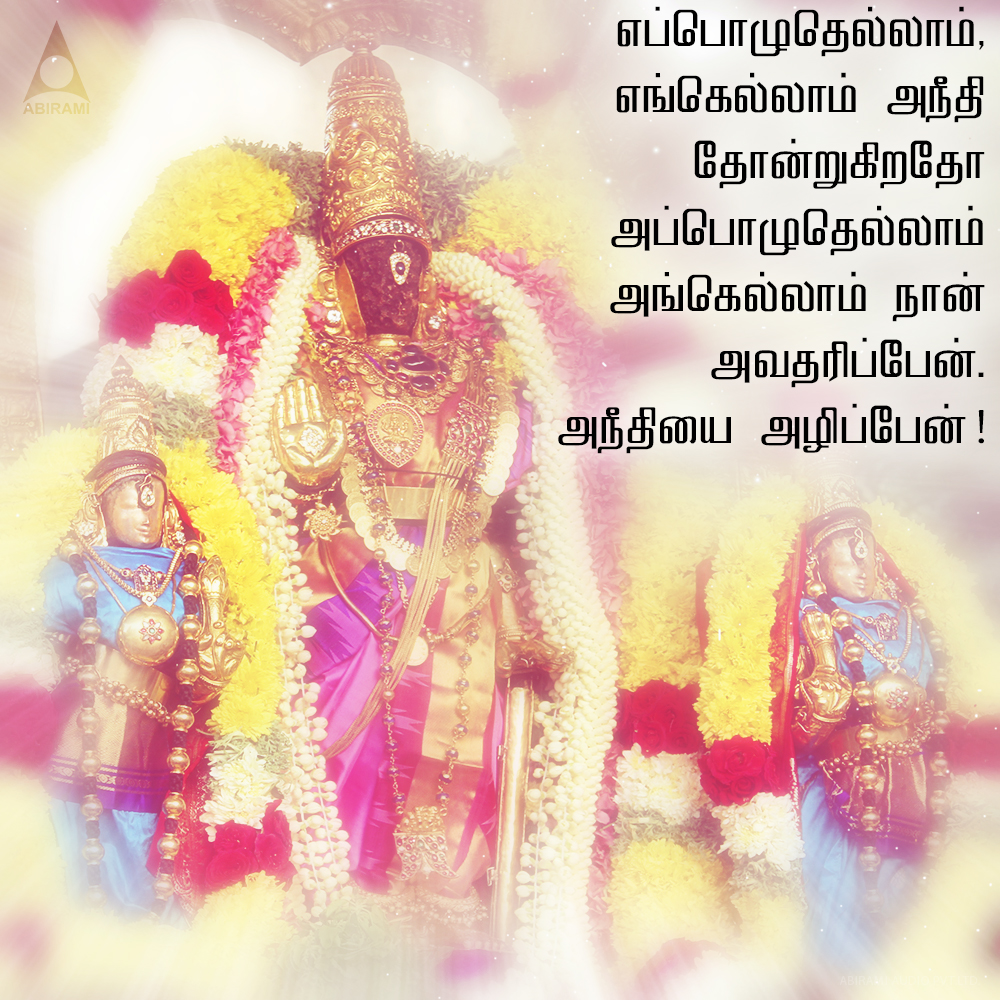
In the Hindu mythological epic, the Mahabharata, Dhwij was the son of Abhimanyu. DhuryaĪ short Hindu name of Sanskrit origin, Dhurya denotes “creator.” It is one of the many names of Lord Vishnu. In Sanskrit, Dhruvah refers to “one who is immovable.” 47. It is increasing in popularity for Hindu baby boys. Dhruv means “constant” or “faithful.” According to the Puranas, Dhruv was a prince, blessed with a immortal life by Lord Vishnu. This Hindu name finds its roots in the Sanskrit language. Dhareshĭharesh is a beautiful Hindu male name, which means “God of the planet earth.” 45.

Deveshĭevesh signifies the “king of gods.” As per Hindu mythology, the king of Gods is Indra Dev, and thus, Devesh is another name for Indra. DevankĪccording to Hindu mythology, Devank means “written by God.” 43.


In the Mahabharata, Bhishma, better known as Bhishma Pitama, holds a pivotal role. Darshĭarsh comes from the word ‘darshan,’ meaning “sight.” It signifies the moment when the moon becomes visible to the naked eye. Daksh was the son of Lord Brahma and Aditi. The name finds its origin in the Sanskrit language. ChitrasenĬhitrasen was the king of Gandharvas, a tribe with energy like horses. ChinmayeĬhinmaye means “supreme consciousness.” It also means “blissful” and is another name for Lord Ganesha. According to the Hindu scriptures, it is the name given to Lord Ganesha and also signifies someone with broad-shouldered and strong. Someone who has four arms is called a Chaturbhuj. ChandrachurĪnother name for Lord Shiva, Chandrachur, means “the moon.” 36. Chanak is also a variant of ‘chhana,’ which is the sweet sound of bangles or anklets. In that context, it also refers to a mouse. It refers to one who is a digger or a moner. ChanakĬhanak is the father of Chanakya, according to the Vedas. According to Hindu mythology, it refers to Lord Vishnu.

ChakrikĪ variant of Chakra, the “one who holds the chakra” or “the one with a discus” is called Chakrik. Sama has 1875 verses, of which 1771 are taken directly from the Rig Veda. The Sama Veda is the shortest of the four Vedas.


 0 kommentar(er)
0 kommentar(er)
